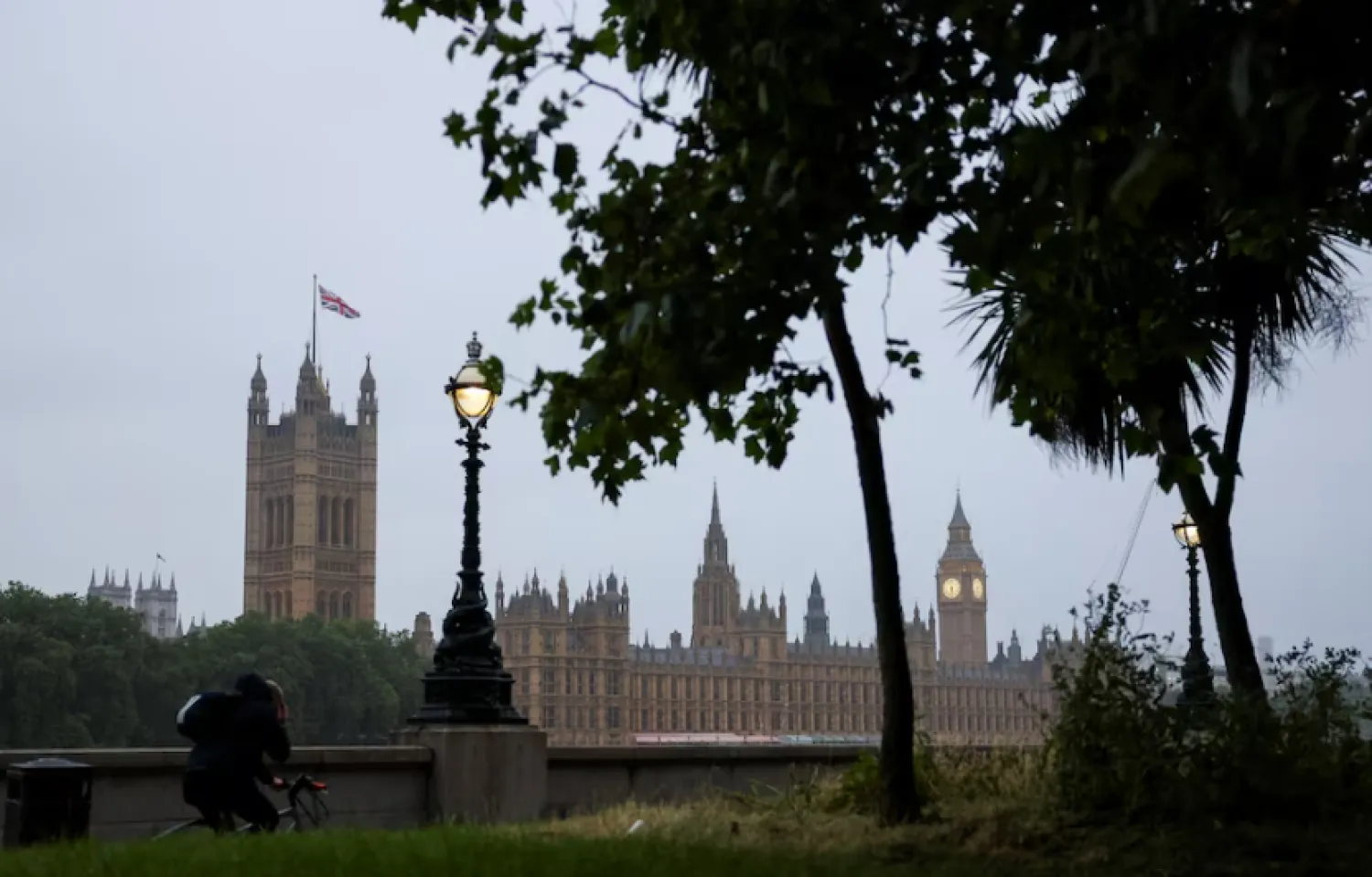British domestic-focussed mid-cap stocks were the biggest gainers on Friday after the centre-left Labour Party surged to a comprehensive win in a parliamentary election with blue chip stocks, government bond prices and the pound higher.
Hopes that the incoming government will provide a period of economic stability after an often tumultuous 14 years of Conservative Party rule sent the FTSE 250 midcap index (.FTMC), up as much as 1.8% in early trading to its highest since April 2022.
The blue chip FTSE 100 index (.FTSE), was last up 0.2% and the yield on 10-year British government bonds or gilts, dropped 3 basis points to 4.17%, marginally better than other European markets, Reuters reported.
Labour won a massive majority in the 650-seat parliament while Rishi Sunak's Conservatives suffered the worst defeat in the party's long history as voters punished them for a cost of living crisis, failing public services, and a series of scandals.
"A landslide victory provides the sort of clarity and stability that equity markets need in an increasingly volatile world," said Ben Ritchie, head of developed market equities at abrdn.
"If the new government gets this right, businesses with significant exposure to the UK economy should be the likely winners - a shot in the arm in particular for companies in the FTSE 250 and FTSE Small Cap".
British home builders stood out, with an index tracking their shares up 2.3%.
"We think the formation of a Labour-majority government will have a positive impact on housebuilders and construction materials," said Aruna Karunathilake, portfolio manager at Fidelity.
"We expect Labour to reinstate housebuilding targets and perhaps also fund investment in local planning departments... That should alleviate builders’ concerns about planning bottlenecks impeding growth in the medium term."
Analysts at Goldman Sachs said that while Labour's manifesto policies imply relatively limited changes to fiscal policy they would modestly boost demand in the near term.
As a result, they raised their forecasts for British GDP growth by 0.1 percentage points in each of 2025 and 2026.









